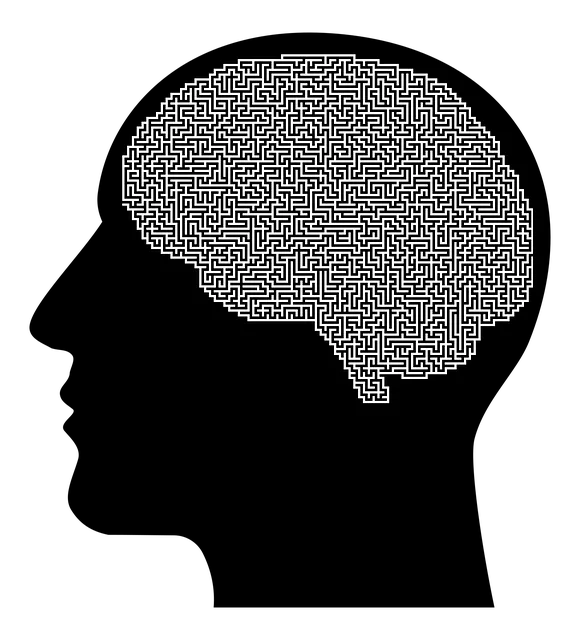Aurora Kaiser mental health programs prioritize crisis intervention team (CIT) training to empower healthcare professionals in managing mental health crises effectively. Through comprehensive, interactive workshops, simulations, and expert discussions, CITs learn evidence-based techniques like active listening, de-escalation, and trauma-informed care. These programs focus on self-care and burnout prevention, fostering resilience and compassion care for better patient outcomes. Aurora Kaiser's holistic approach enhances team performance under pressure, cultivating empathy and deeper connections with clients.
In today’s complex social landscape, effective crisis intervention teams (CITs) play a vital role in supporting individuals grappling with mental health crises. These specialized teams can significantly mitigate harm and promote positive outcomes. The article explores the crucial aspect of CIT training, focusing on the comprehensive programs offered by Aurora Kaiser Mental Health. We delve into their strategies, techniques, and successes, highlighting how such initiatives revolutionize mental health support and foster better communities.
- Understanding Crisis Intervention Teams: Their Role and Importance in Mental Health Support
- The Aurora Kaiser Mental Health Programs: An Overview of Comprehensive Training
- Effective Strategies and Techniques for Crisis Intervention Team Training Success
Understanding Crisis Intervention Teams: Their Role and Importance in Mental Health Support

Crisis Intervention Teams (CITs) are specialized groups of professionals designed to provide immediate and effective support during mental health crises. These teams play a pivotal role in communities, offering crucial assistance to individuals experiencing severe emotional distress or psychological trauma. CITs typically consist of trained personnel from various disciplines, such as psychiatrists, psychologists, social workers, and first responders, who collaborate to offer tailored interventions.
The primary objective of these teams is to de-escalate high-risk situations, stabilize individuals in crisis, and connect them with long-term care options. By fostering a collaborative environment, CITs ensure a coordinated response to mental health challenges. Aurora Kaiser mental health programs recognize the value of such initiatives in preventing burnout among healthcare providers while also enhancing public awareness campaigns development and promoting self-care routine development for better mental health.
The Aurora Kaiser Mental Health Programs: An Overview of Comprehensive Training

The Aurora Kaiser Mental Health Programs offer a comprehensive training experience designed to equip individuals with the skills needed to navigate and support others through crises. These programs focus on both self-care practices and burnout prevention strategies for healthcare providers, ensuring that those in mental health fields can effectively assist their patients while maintaining their own well-being. Through interactive workshops, simulations, and expert-led discussions, participants gain a deep understanding of crisis intervention techniques.
The curriculum encompasses a range of topics, from recognizing signs of distress to implementing evidence-based interventions. By fostering a supportive learning environment, Aurora Kaiser enables individuals to explore challenging scenarios, develop resilience, and enhance their ability to provide timely and compassionate care. These rigorous training programs are tailored to meet the diverse needs of healthcare professionals, ultimately contributing to improved patient outcomes and better self-care practices within the mental health sector.
Effective Strategies and Techniques for Crisis Intervention Team Training Success

Effective crisis intervention team training is pivotal for fostering successful outcomes and building a supportive environment. Programs like those offered by Aurora Kaiser Mental Health focus on holistic strategies that empower team members with the necessary tools to handle crises effectively. These include evidence-based techniques such as active listening, de-escalation tactics, and trauma-informed care, which are crucial for calming individuals in distress and promoting healing.
The training should also prioritize building confidence boosting skills within the team. By fostering resilience through practical exercises and role-playing scenarios, crisis intervention teams can enhance their ability to respond coherently under pressure. Moreover, incorporating compassion cultivation practices allows members to connect on a deeper level, creating an atmosphere of empathy and understanding that significantly improves client outcomes.
Crisis intervention team (CIT) training is a vital component in enhancing mental health support systems. Programs like the Aurora Kaiser Mental Health Programs offer comprehensive training, equipping professionals with effective strategies to handle crises. By focusing on evidence-based techniques and fostering collaborative teamwork, these training initiatives ensure CIT members are prepared to provide timely and compassionate assistance. The success of CITs lies in their ability to de-escalate situations, promote recovery, and ultimately improve outcomes for individuals facing mental health challenges, making programs like Aurora Kaiser a game-changer in the field.






